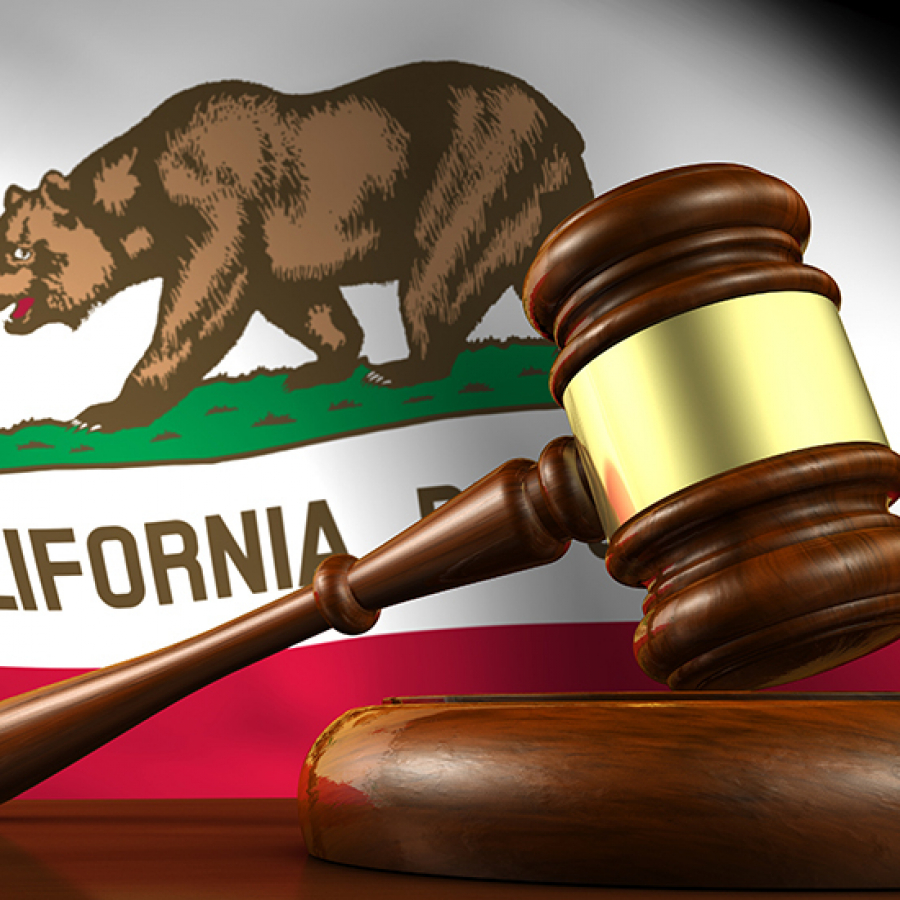
Legal
Inside AmSpa’s Legal Summaries: Breaking Down Med Spa Law by State
If you’re running a medical spa, you probably wear a dozen hats before lunch, provider, HR, marketing, IT, therapist, and ...

Show your committment to patient safety, legal compliance and community over competition.
AmSpa members receive preferred pricing on all AmSpa live and virtual trainings.
Get the latest news and information about safe, legal practice in medical aesthetics directly in your inbox.
Get access to med spa laws, in-person and online training and more!
Posted By Aly Boeckh, Thursday, October 8, 2020

By Alex R. Thiersch, JD, Founder/Director of the American Med Spa Association (AmSpa)
Originally posted October 10, 2017
UPDATED October 8, 2020

The issue of who can and cannot legally operate cosmetic lasers troubles many medical spa and medical aesthetic facility owners and operators. After all, there is no universally accepted licensing procedure for cosmetic laser technicians, and most state medical boards have not taken the time to rule on the subject. However, the Georgia Composite Medical Board has been proactive in addressing the idea that cosmetic lasers are something of a hybrid of medical and non-medical treatment, and it offers cosmetic laser practitioner licenses that permit aestheticians, registered nurses and cosmetologists to legally fire lasers under certain circumstances.
It is difficult for some medical spa owners and operators to come to terms with the fact that some non-invasive laser treatments are considered medical treatments, and therefore require a physician, nurse practitioner (APRN) or physician assistant (PA) to not only perform an initial consultation, but also fire or supervise the firing of the laser. To many, this seems like an unnecessary use of these medical professionals' time and resources.
The Georgia Composite Medical Board decided to address this issue by creating a state licensure procedure to clarify who can legally fire certain types of cosmetic lasers, and what procedures need to occur in advance of these treatments.

First of all, it is important to clarify that this licensure covers only a few types of cosmetic laser treatments: laser hair removal, intense pulsed-light devices and non-ablative light-based devices. All other cosmetic laser treatments are beyond the scope of this licensure and must be treated as medical procedures, with accompanying initial exams and proper supervision. However, the simple, relatively inexpensive cosmetic treatments this licensure does cover account for a large percentage of the laser treatments administered in the U.S., so the impact of this licensure can be significant.
Georgia's law creates two levels of cosmetic laser practitioner licenses:
From AmSpa's perspective, the availability of these licenses is a major positive, because it provides some clarity in an area of medical aesthetics where, often, there is none. It's something we in the legal profession always seek—a definitive statement that illustrates exactly what one must do to be compliant. We're always supportive of efforts by a legislature or medical board to clarify things that need it.

Also, this law creates the potential for medical spas and laser centers in Georgia to see more patients, as well as potentially open more locations with a higher patient flow, because they don't need to circulate the patients in to see a doctor. However, this still only addresses a small number of laser services, so if you operate in Georgia and have questions about remaining compliant while administering other laser treatments, consult your local health care attorney or work with AmSpa's national law firm, ByrdAdatto. AmSpa members can view the Georgia legal summary to get an overview on the state's medical aesthetic laws.
Related Tags
Medical spa news, blogs and updates sent directly to your inbox.

Legal
If you’re running a medical spa, you probably wear a dozen hats before lunch, provider, HR, marketing, IT, therapist, and ...

Legal
California has now passed two laws that will have an effect on how investors, health care entities and management services ...

Legal
A newly passed law in California will prohibit certain contractual provisions between medical and dental practices and private equity groups ...

Legal
By Patrick O'Brien, General Counsel, American Med Spa Association (AmSpa)The September bulletin from the Texas Medical Board (TMB) helps to ...